Once thought to be limited to theoretical physics and science fiction, quantum computing is quickly developing into a practical and ground-breaking technology. Quantum computing offers a novel approach that can solve complicated problems beyond the capabilities of the most potent supercomputers available today, as traditional computers near their physical and computational limits. The rate of growth has quickened recently in this subject, bringing us closer to a future where quantum computers could have a big impact on a lot of different industries, like finance, drugs, and encryption.
The Basics of Quantum Computing
It’s crucial to comprehend the foundations in order to appreciate the advancements made in quantum computing. Quantum computers use quantum bits, also known as qubits, as opposed to classical computers, which use bits to encode data as either a 0 or a 1. Qubits have a feature known as superposition that allows them to reside in a state of 0, 1, or both at once. Qubits can also be entangled, which means that regardless of the distance between two qubits, the states of one can rely on the states of the other. Superposition and entanglement, two special qualities of quantum computing, allow quantum computers to execute several calculations at once, significantly boosting their computational capacity for specific kinds of issues.
Major Milestones in Quantum Computing Development
Significant strides have been made in the field of quantum computing in recent years, indicating a noteworthy advancement toward the realization of workable quantum systems.
Quantum Supremacy
The most talked-about accomplishment of 2019 was Google’s declaration of “quantum supremacy.” They supposedly completed a calculation in 200 seconds using their 53-qubit Sycamore quantum processor, which would have taken the most potent classical supercomputers 10,000 years to finish. This was a significant step in proving that quantum computers may, in theory, outperform their classical counterparts in certain tasks, even though there was some disagreement over the notion of quantum supremacy and the problem’s applicability.
Scaling Up Qubits: Raising the number of qubits in quantum computing while preserving their coherence and reducing mistakes is a major problem. Larger quantum processors are being built by businesses such as IBM, Intel, and Rigetti Computing, thanks to recent breakthroughs. For example, IBM debuted the 127-qubit Eagle processor in 2021 and aims to deploy the 1,121-qubit Condor processor by 2025. These developments are a reflection of continuous efforts to create fault-tolerant quantum computers that can resolve practical issues.
Error Correction and Noise Reduction: Error correction is one of the main challenges in quantum computing. Because of their extreme sensitivity, quantum states are prone to disruption by external noise, which can result in computational mistakes. The development of quantum error correcting codes, which are necessary to construct dependable quantum systems, has advanced significantly. Surface codes and bosonic codes are two examples of techniques that are being improved to increase error detection and repair, which will increase the stability and dependability of quantum calculations.
Quantum Algorithms and Software Development: Not only has hardware advanced significantly, but quantum software and algorithms have also advanced significantly. Quantum algorithms have shown that quantum computing is capable of solving problems that are beyond the capabilities of conventional computers. Examples of these algorithms are Grover’s algorithm for exploring unsorted databases and Shor’s algorithm for factoring enormous numbers. In recent times, actual problems in chemistry and materials science have been addressed using hybrid quantum-classical algorithms such as the Variational Quantum Eigensolver (VQE). Furthermore, a larger ecosystem is being developed by quantum software platforms such as Google’s Cirq, Microsoft’s Quantum Development Kit, and IBM’s Qiskit, which enable developers to construct and evaluate quantum applications.
Quantum Networking and Communication:Entanglement-based secure information transmission via quantum communication is a crucial aspect of the advancement of quantum computing. The development of quantum networks will allow for extremely secure communication channels that are impervious to hacking attempts. The capability of quantum-encrypted data transmission over great distances was demonstrated in 2020 when Chinese scientists used a satellite-based quantum communication network to effectively achieve quantum communication across a distance of 1,200 kilometers.
Advances in Quantum Materials and Qubit Technologies: To increase the stability and performance of qubits, researchers are experimenting with different materials and methods. For instance, the possibility of providing improved coherence times and reduced error rates is being studied for superconducting qubits, trapped ions, and topological qubits. Using trapped-ion technology, a team at the University of Sussex achieved a record-breaking 99.9% quantum gate fidelity in 2023, marking a significant advancement in the construction of more dependable quantum systems.
Quantum Machine Learning: The discipline of machine learning has also showed promise for quantum computing, as it has the potential to significantly accelerate data processing operations. Quantum versions of traditional machine learning methods, like support vector machines and neural networks, have been studied recently. Because quantum-enhanced machine learning offers quicker and more effective methods of processing and analyzing massive volumes of data, it has the potential to completely transform industries such as artificial intelligence, financial modeling, and drug development.

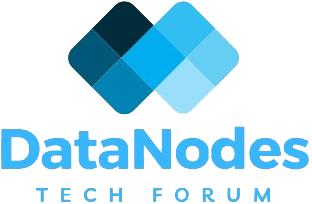
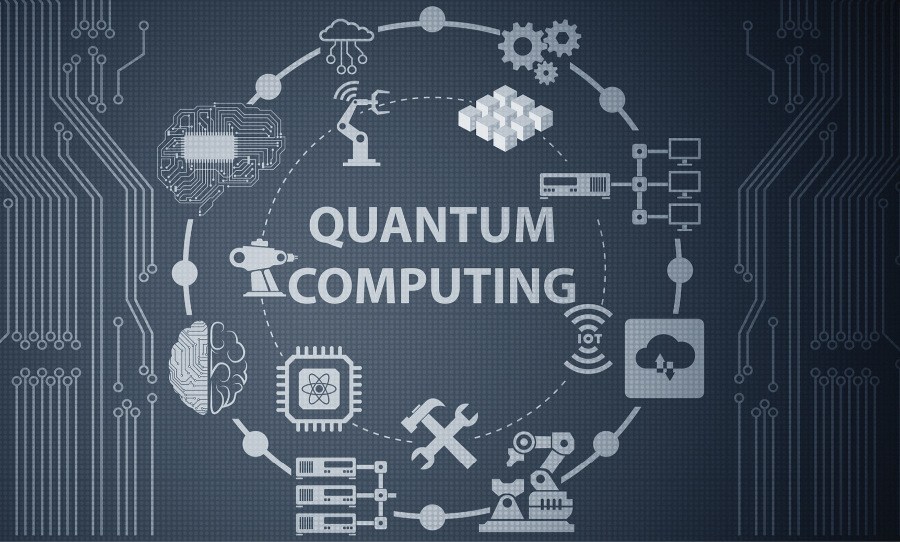
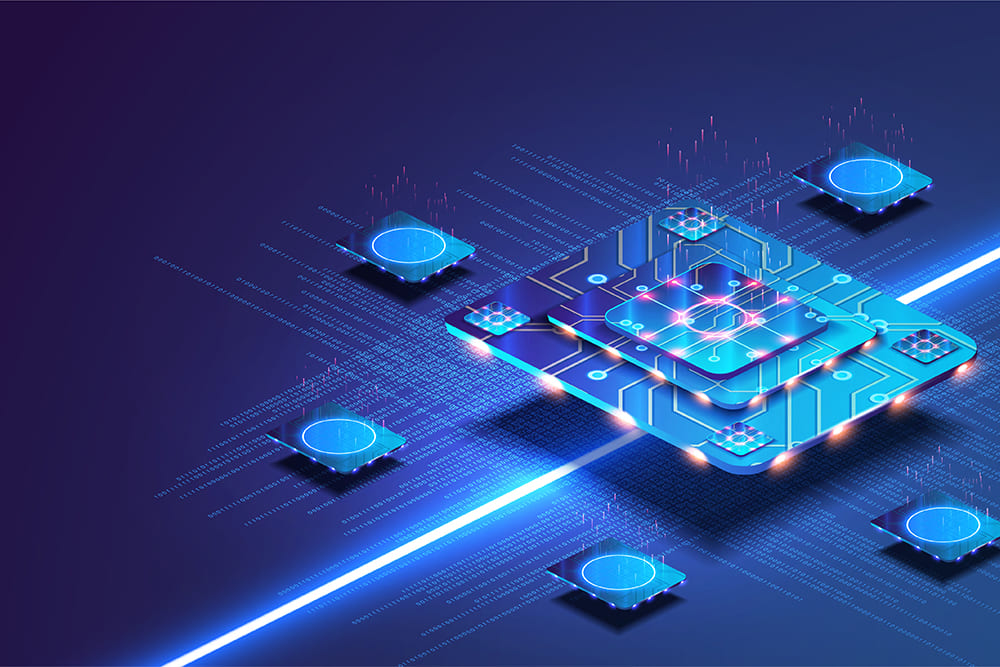
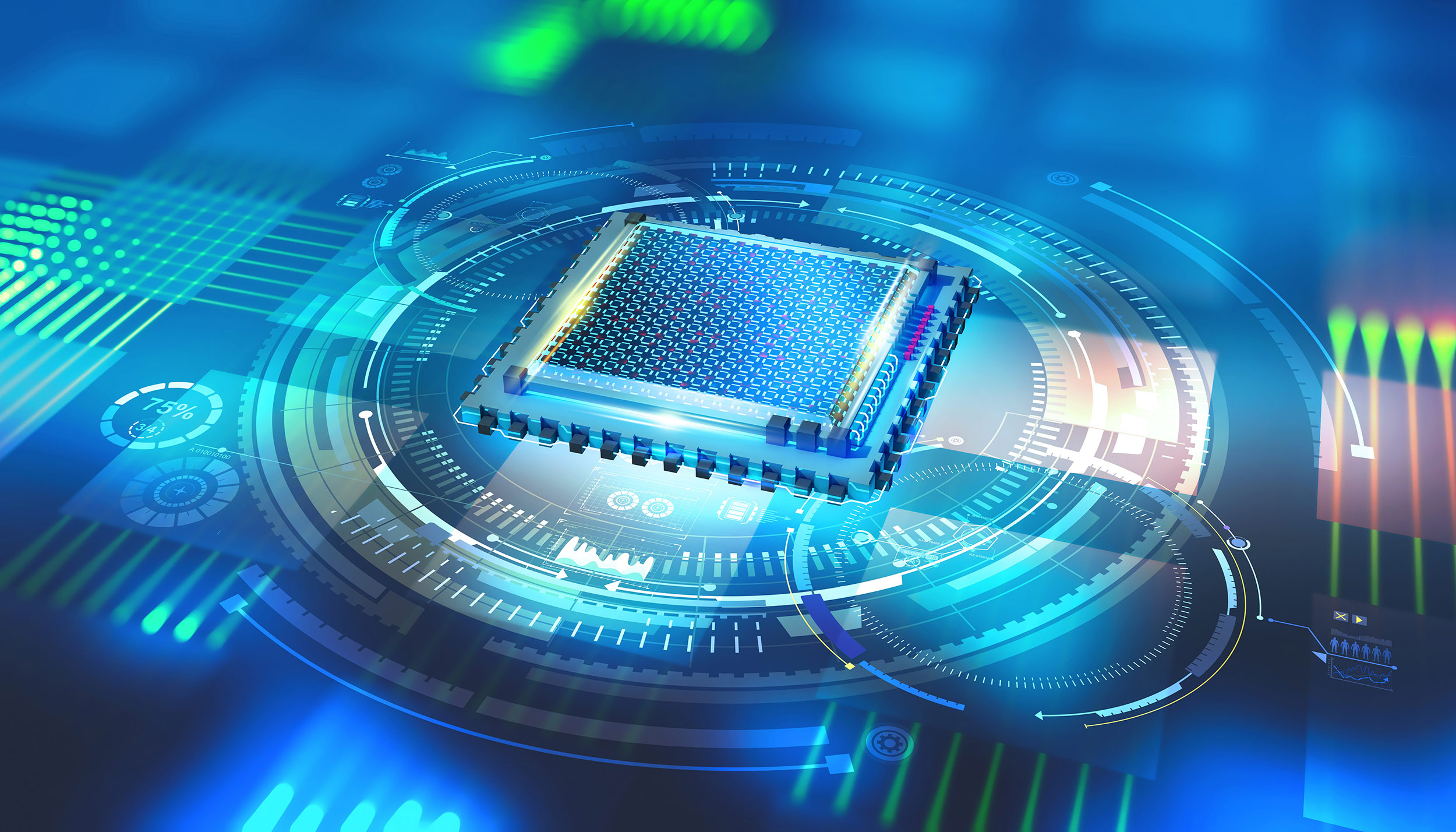



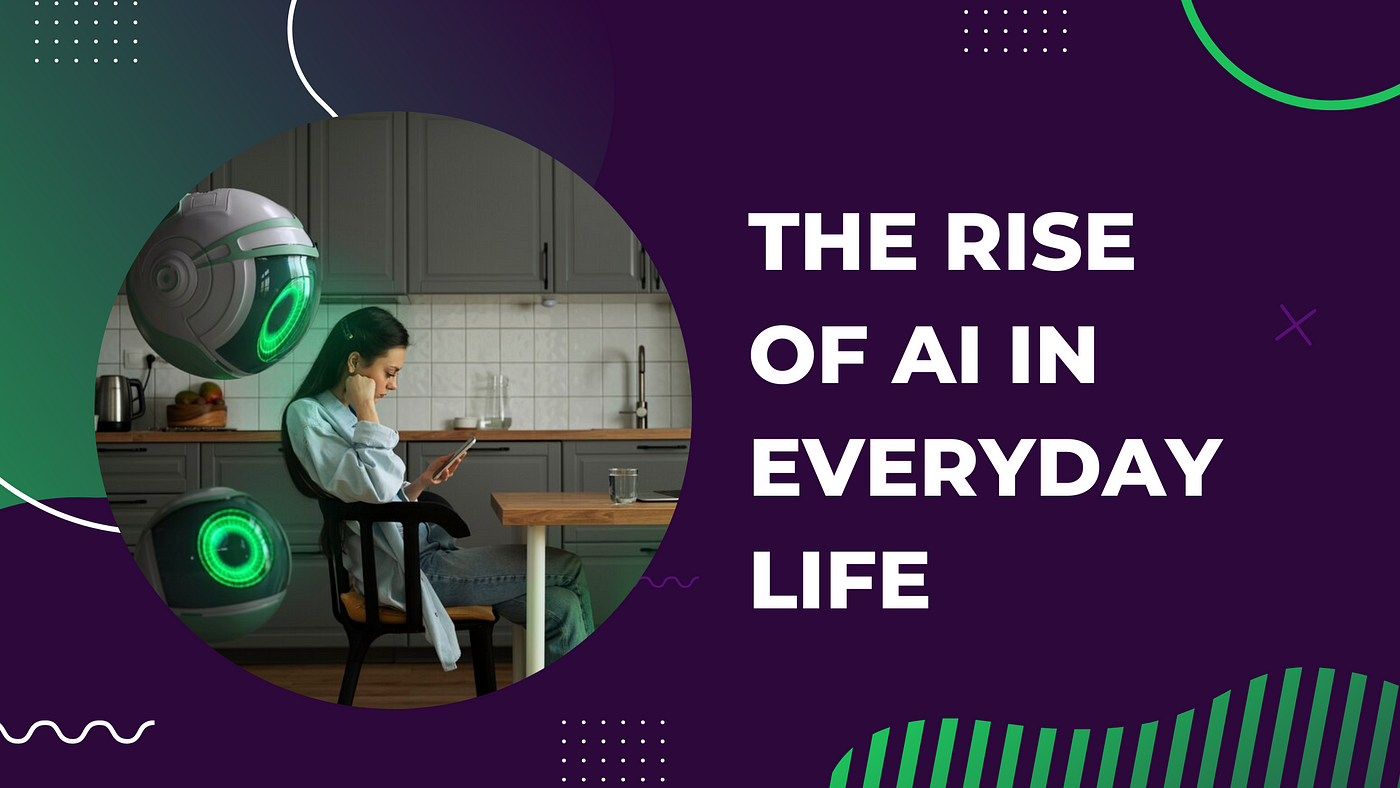
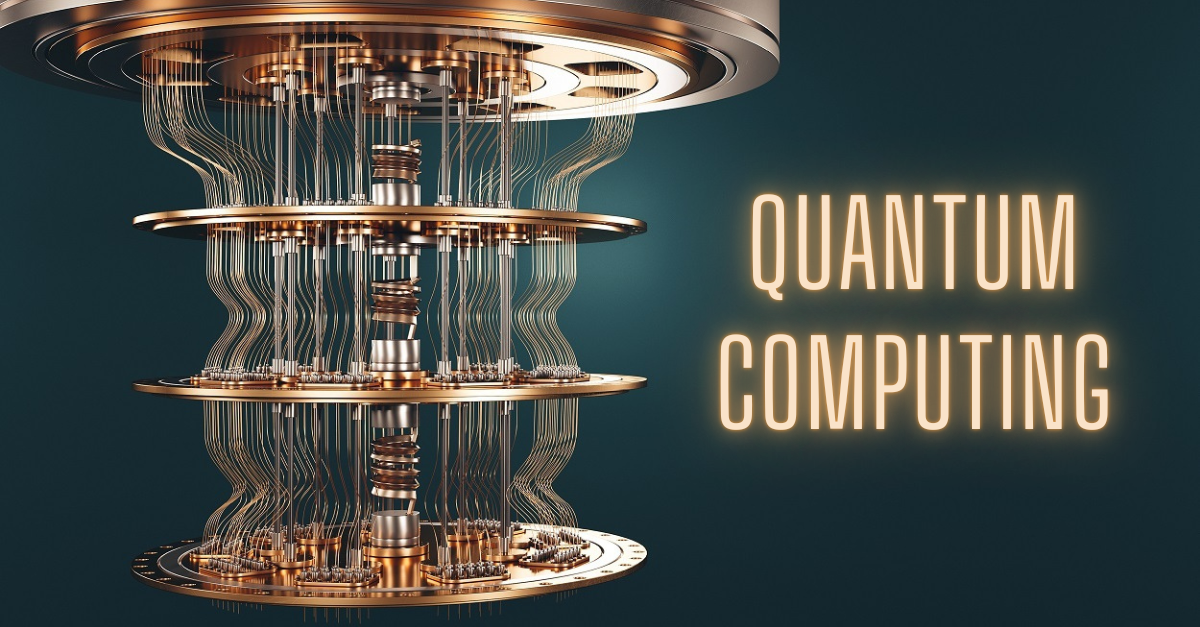


Leave a Reply